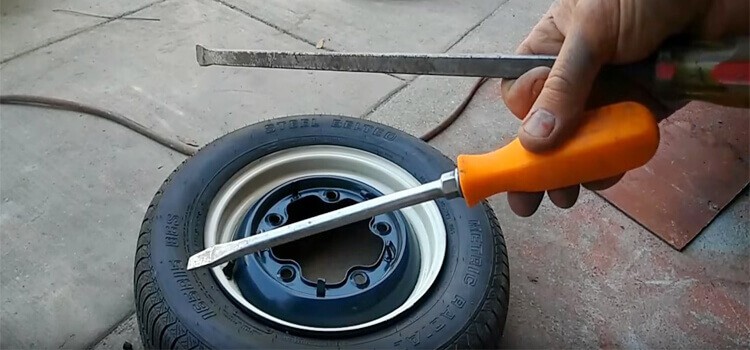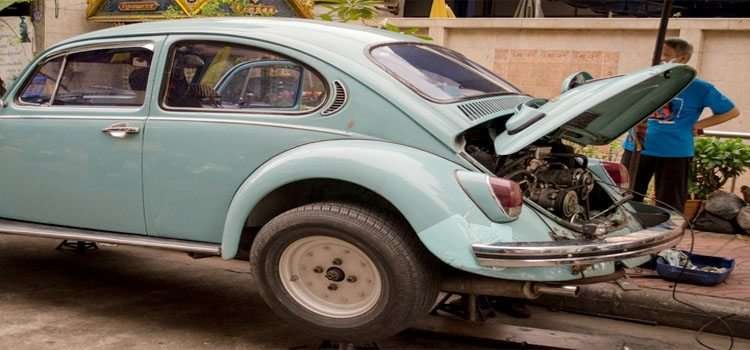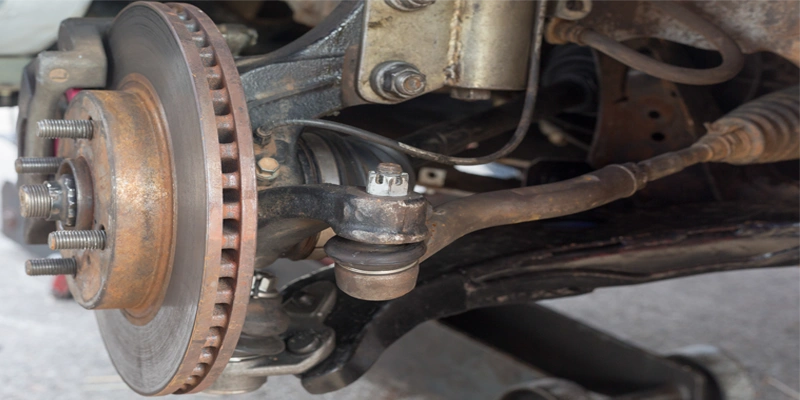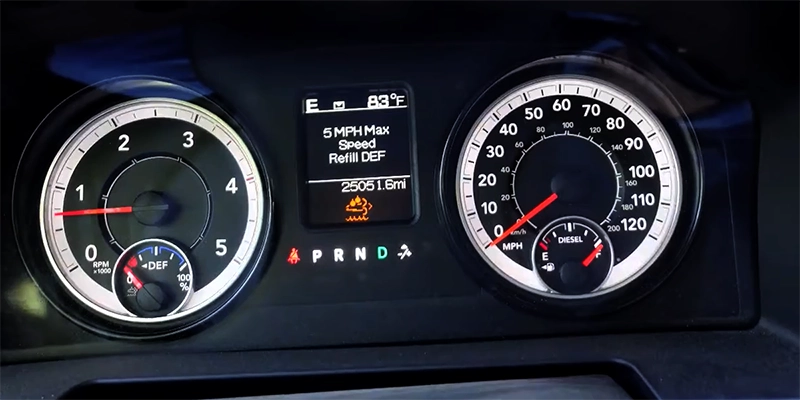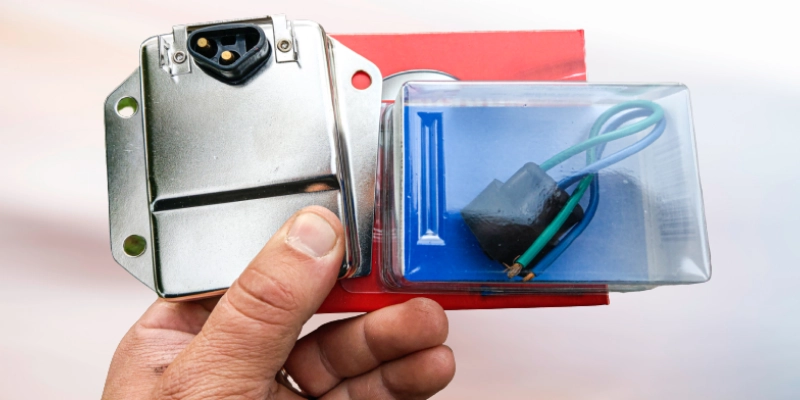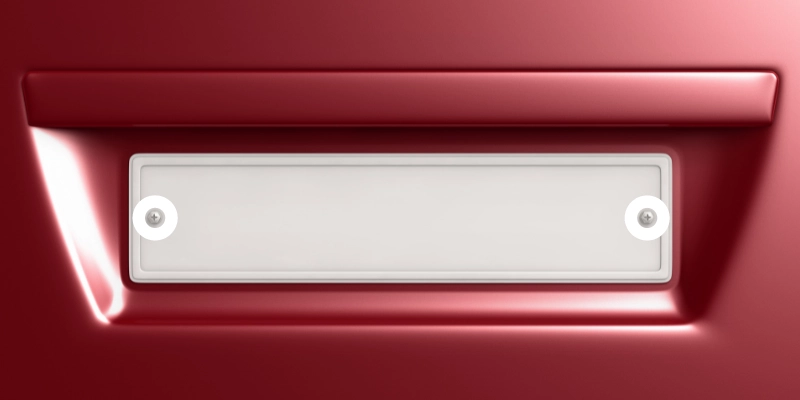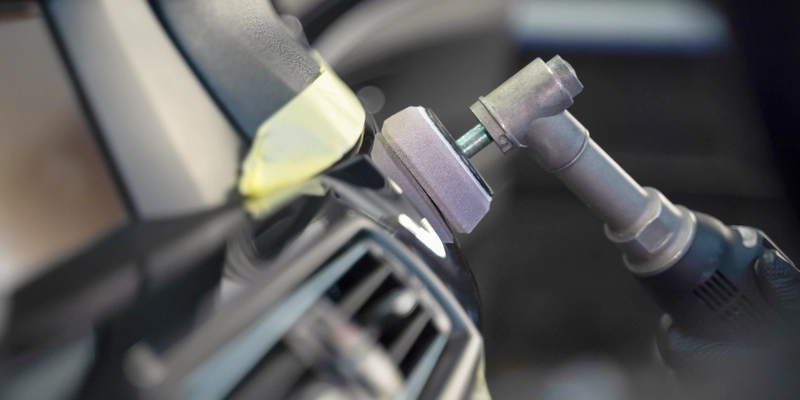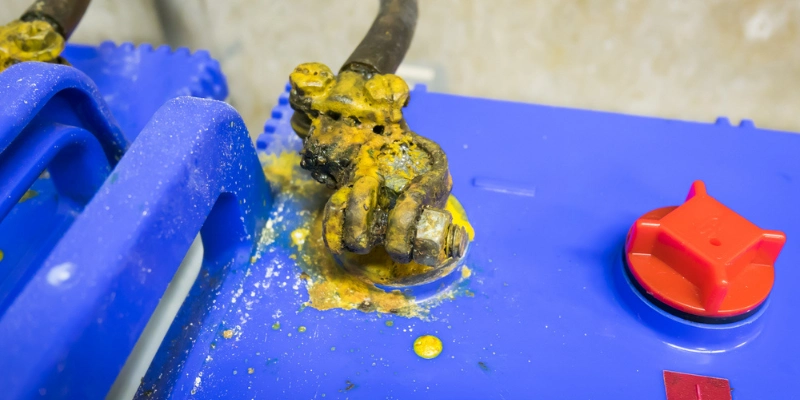To improve your vehicle’s fuel efficiency, maintain proper tire pressure and drive at a steady speed. Regular maintenance is also crucial.
Enhancing your vehicle’s fuel efficiency can save money and reduce environmental impact. Simple measures like keeping your tires properly inflated can significantly boost miles per gallon. Driving at a consistent speed minimizes fuel consumption. Regular vehicle maintenance, including timely oil changes and air filter replacements, ensures the engine runs efficiently.
Avoid excessive idling and aggressive driving, as both can decrease fuel efficiency. Using cruise control on highways helps maintain a steady speed, further conserving fuel. By adopting these practices, you can achieve better fuel economy and extend the lifespan of your vehicle.
Regular Maintenance
Regular maintenance, such as timely oil changes and air filter replacements, can significantly enhance your vehicle’s fuel efficiency. Keeping tires properly inflated also contributes to better mileage and performance.
Oil Changes
Regular oil changes help keep your engine clean. Clean oil reduces friction. Less friction means better fuel efficiency. Change your oil every 3,000 to 5,000 miles. Follow the manufacturer’s recommendation. Use the right type of oil for your vehicle.
Air Filter Replacement
A clean air filter allows your engine to breathe better. Better airflow improves fuel efficiency. Check your air filter every 12,000 miles. Replace it if it looks dirty. Some air filters are reusable. Clean them as needed. A clean filter helps your car perform better.
Proper Tire Care
Keeping tires at the right pressure saves fuel. Under-inflated tires increase fuel use. Check tire pressure monthly. Use a reliable gauge for accuracy. Follow the car manual for correct pressure. Over-inflated tires are unsafe too. Correct tire pressure ensures safety and savings.
Wheel alignment affects fuel efficiency. Misaligned wheels cause drag. This leads to higher fuel consumption. Regularly check wheel alignment. A professional can help with this. Proper alignment extends tire life. It also improves vehicle handling. Align wheels as per the car’s manual.
Efficient Driving Habits
Adopt efficient driving habits to boost your vehicle’s fuel efficiency. Maintain a steady speed, reduce idling, and ensure regular maintenance for optimal performance.
Smooth Acceleration
Press the gas pedal lightly. Avoid sudden speed changes. This helps save fuel. Accelerate slowly from a stop. Reaching higher speeds gradually is better. It makes the engine work less.
Consistent Speed
Keep your speed steady. Use cruise control on highways. It helps maintain a constant speed. Avoid speeding up and slowing down often. It can waste gas. Staying at a safe, consistent speed saves fuel.
Reduce Excess Weight
Removing unnecessary items from your vehicle can help. Extra weight makes the engine work harder. This uses more fuel. Check the trunk and back seat. Remove anything you don’t need. Even small items can add up. Keep your car light for better fuel efficiency.
Roof racks can create wind resistance. This makes your car use more fuel. Remove roof racks when not in use. If you can’t remove them, streamline them. Use aerodynamic designs. This helps reduce drag and saves fuel.
Use Cruise Control
Activate cruise control on highways to maintain a steady speed, reducing fuel consumption and enhancing your vehicle’s efficiency.
Highway Driving
Cruise control helps maintain a steady speed. It reduces unnecessary speed changes. This leads to better fuel usage. Long highway trips become more efficient. Keep the speed constant for best results.
Avoiding Speed Fluctuations
Frequent speed changes waste fuel. Cruise control prevents this by keeping the speed steady. It also reduces driver fatigue. Less tired drivers make fewer mistakes. This means safer driving and more fuel savings.
Limit Air Conditioning
Reducing air conditioning usage can significantly boost your vehicle’s fuel efficiency. Opt for natural ventilation whenever possible to save fuel.
Ventilation Options
Open your car windows to let fresh air in. Use the car’s ventilation system instead of the AC. This helps to save fuel. Choose shaded parking spots to keep the car cool. Use sunshades to block direct sunlight.
Use Ac Sparingly
Air conditioning uses a lot of fuel. Turn it on only when necessary. Set the AC to a comfortable but not too cold temperature. Turn it off once the car cools down. Use the AC in recirculation mode to save energy. Avoid using the AC at full blast.
Fuel Choice
Choosing the right fuel can improve your vehicle’s efficiency. Premium fuel is often more expensive. Some cars need premium fuel to run better. Regular fuel works fine for most cars. Check your car’s manual for the best fuel type. Using the right fuel saves money and keeps your car healthy.
Fuel additives can help your car run smoother. They clean the engine and fuel system. Additives remove dirt and build-up. This helps your car use less fuel. Some additives improve engine performance. They can also reduce emissions. Using additives can save you money in the long run.
Plan Your Trips
Combining errands can save fuel. Try to finish all your tasks in one trip. This reduces the number of trips you make. Less driving means less fuel used. It also saves time. Plan your route to avoid backtracking. This helps in using less gas.
Avoiding rush hours helps in saving fuel. Traffic jams make you use more gas. Try to drive when roads are less crowded. This helps in smooth driving. Smooth driving uses less fuel. Always check traffic updates before leaving. This can help you avoid busy routes.
“Ultimate Car Maintenance Guide: Costs, Services & Expert Tips to Save Money”
Table of Contents
Why Car Maintenance Matters
Top 10 High-Cost Repairs & How to Avoid Them
Specialized Services for Luxury, Hybrid, and Electric Vehicles
DIY vs. Professional Repairs: When to Call a Mechanic
Seasonal Maintenance Checklists (Winter/Summer)
Cost Breakdown: Transmission, Brakes, AC, and More
Finding Reliable Services: “Near Me” Hacks
Extending Your Car’s Lifespan: Pro Tips
FAQs: Answering Top Car Maintenance Questions
1. Why Car Maintenance Matters
A poorly maintained car can lead to costly repairs like engine failure or transmission replacements. For example, ignoring a worn timing belt could result in a 2,000–4,000 engine rebuild. Regular maintenance:
Prevents breakdowns
Boosts resale value
Improves fuel efficiency
Pro Tip: Use keywords like “transmission repair cost” or “hybrid battery replacement near me” to attract users researching urgent fixes.
2. Top 10 High-Cost Repairs & How to Avoid Them
Transmission Failure
Average Cost: 1,800–3,500
Prevention: Regular fluid changes every 30,000–60,000 miles.
Hybrid Battery Replacement
Average Cost: 2,000–8,000
Prevention: Avoid full discharges; seek certified EV technicians.
Brake Rotor Replacement
Average Cost: 300–800
Prevention: Replace brake pads early to avoid rotor damage.
Case Study: A Tesla owner saved $1,200 by opting for “mobile mechanic services” for a door sensor fix.
3. Specialized Services for Luxury, Hybrid, and Electric Vehicles
Luxury Car Detailing
Costs 200–1,000+ for paint correction, leather conditioning, and ceramic coatings.
Why It’s Worth It: Protects resale value.
EV Battery Care
Avoid charging to 100% daily; use OEM-approved repair shops.
4. DIY vs. Professional Repairs
DIY-Friendly Tasks:
Oil changes, air filter replacements, tire rotations.
Leave to Pros:
Transmission work, electrical issues, hybrid battery repairs.
Tool Highlight: Use apps like YourMechanic for “mobile mechanic services” costing 20% less than dealerships.
5. Seasonal Maintenance Checklists
Winter Prep:
Check antifreeze, install snow tires, inspect heating systems.
Summer Prep:
AC recharge, tire pressure checks, coolant flushes.
6. Cost Breakdowns
Keyword Focus: “Windshield replacement quote,” “Diesel particulate filter cleaning.”
| Service | Average Cost | Frequency |
|---|---|---|
| Timing Belt Replacement | 400–900 | Every 60k–100k miles |
| Ceramic Coating | 1,000–3,000 | 5–7 years |
| Windshield Replacement | 200–500 | As needed |
7. Finding Reliable Services
Use Google Maps with “near me” filters and read reviews.
Ask for written quotes to avoid hidden fees.
8. Extending Your Car’s Lifespan
Follow the owner’s manual for service intervals.
Invest in “paintless dent removal” to avoid rust.
9. FAQs
Q: How often should I replace my timing belt?
A: Every 60,000–100,000 miles. Delaying risks engine damage.
Q: Is ceramic coating worth it?
A: Yes—it protects paint for 5+ years vs. traditional wax (3–6 months).
Add Detailed Subtopics: For example, under “EV Battery Maintenance,” explain lithium-ion care, recycling programs, and tax incentives.
Include Real-Life Examples: Stories of users saving money with “car warranty extension plans.”
Embed Videos/Images: Show DIY steps for brake pad changes or ceramic coating applications.
Add Data Tables: Compare costs across regions (e.g., “transmission repair cost” in NYC vs. Texas).
Link to Tools: Recommend tire price comparators or mechanic review platforms.
Frequently Asked Questions
How Can I Drive To Save Fuel?
Drive smoothly, avoid hard braking, and accelerate gently. Maintain a steady speed and use cruise control on highways.
Does Tire Pressure Affect Fuel Efficiency?
Yes, under-inflated tires can decrease fuel efficiency. Check tire pressure regularly and keep it at the recommended level.
Is Regular Maintenance Important For Fuel Efficiency?
Absolutely, regular maintenance ensures your vehicle runs efficiently. Change oil, replace air filters, and check spark plugs as needed.
Can Reducing Weight Improve Fuel Efficiency?
Yes, removing unnecessary items from your vehicle can improve fuel efficiency. Lighter vehicles use less fuel.
Conclusion
Boosting your vehicle’s fuel efficiency is achievable with simple steps. Regular maintenance, proper tire inflation, and mindful driving can make a big difference. Implement these tips to save on fuel costs and reduce your carbon footprint. Start improving your car’s efficiency today for a smoother, more economical ride.
 Skip to content
Skip to content
